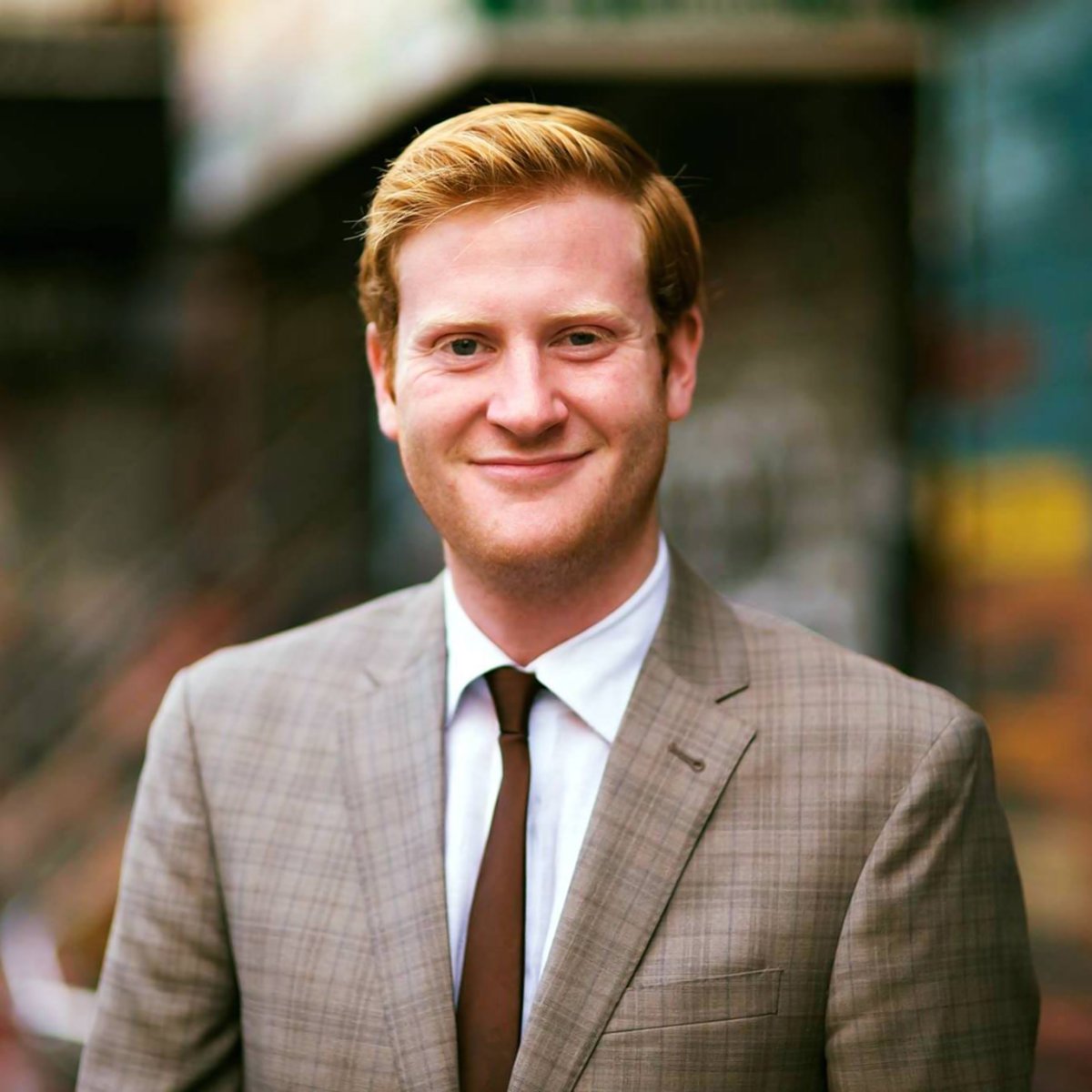
BY DODGE LANDESMAN | The repeal of the Affordable Care Act will have a significant impact on many Americans. But, for me, as a former special-education student, it hit particularly close to home.
Already, there are myriad issues with the special-education process. However, at least once you’re admitted, the amenities for children are second to none.
Special education is about much more than just small class sizes and more individualized attention from educators. The beauty of special-education schools is that they serve as the ultimate equalizer.
At my former school, Gateway, which was at E. 14th St. and First Ave. when I went there, there were a mix of students with both learning disabilities and special needs. Special needs are less learning-based and describe both physical, speech and emotional barriers facing students. For example, students with MS or who are wheelchair-bound have aides who can assist their mobilization throughout the day. Those with severe disabilities — not being about to lift their hands to eat, not being able to chew, etc. — also have assistance, so that they can finally have a good education, instead of being institutionalized or homeschooled. Students with emotional disabilities — such as, issues with anger or keeping still — also get a certified aide to keep them levelheaded throughout the day. For students like myself in this situation, with extreme ADHD (attention-deficit/hyperactivity disorder), they get time with a physical therapist one or two hours a day, during which they can learn techniques to sit and pay attention, and work off some of than unneeded energy in a welcoming environment. This was a helpful tool for me since I was able to get some exercise, plus learn behavioral techniques, allowing me to be calm and ready once class commenced. Students with speech issues, from the severe, such as not being able to communicate — due to autism, for example — to those with stuttering, are also assisted in a variety of ways through these aides.
Essentially, what these tools indicate to students with these needs is, “You’re still valued, you’re still able to learn, and these physical and emotional barriers, that are not your fault, can be worked out so you can get a quality education.”
Unfortunately, President Trump seems determined to leave those students behind. In this new bill, Medicaid expenses will be cut drastically, and the first cuts will be for Medicaid payments to these aides for students most in need. Since these aides perform tasks that are technically “non-education-related,” their work is considered to be under the healthcare versus education category. Needless to say, they are enhancing students’ educational environment, and their work certainly is related to education. But the classification is such where they are seen uniquely as healthcare providers.
The bill has proposed that Medicaid be cut by 25 percent, and specifically, the first thing to go would be extra assistance, as well as medical amenities, in any educational environment. Also, the new bill stipulates that educational institutions would now be ineligible for any Medicaid assistance, which would make restoring funding in the future impossible. The schools would still be required by law to provide help determined to be purely “medical,” but now there would be no assistance. This would cause a domino effect, forcing schools across the country to close, unable to receive the necessary funding.
And in the future, more students would be recommended for mainstream education, since the government aims to do all it can so the burden of these special students is no longer on its shoulders. Clearly, the battle to equalize special education will become even more difficult than it is now.
Now is the time to write to your congressmember, to your senator, and ask them to speak out publicly against this provision. We need a groundswell of support, and perhaps it’s time to recognize learning-disabled and special-needs students as a marginalized, disenfranchised community.
Yes, we are comparatively small in number, but we are entitled to an America that gives us the necessary opportunities to succeed. Under Trump’s America, that won’t be the case. Sad!
Landesman is a graduate of Fordham University, and a former member, Community Boards 2 and 6



































